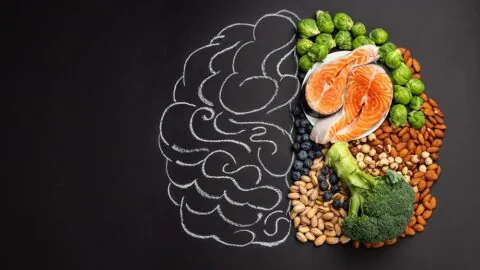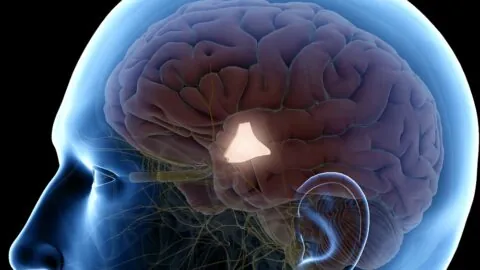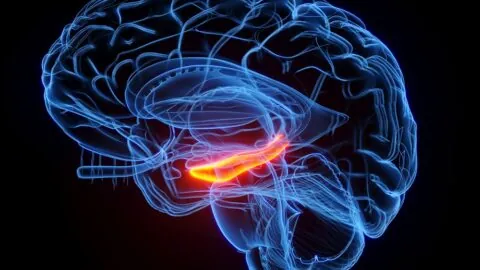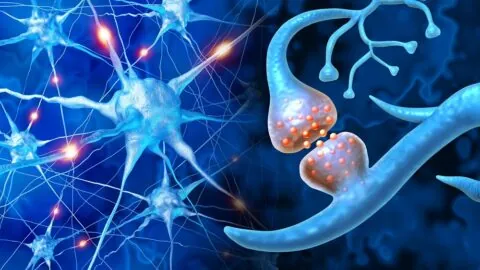April 08, 2025
A new study has found that the immune remodeling associated with fasting can be recapitulated by activating a subset of neurons in the hypothalamus. The findings could be important in the context of fasting mimicking, metabolic disorders, and cancer [1]. Fasting and the immune system Decades after the modern field of geroscience was born, caloric...
March 19, 2025
Researchers have improved multiple health metrics in prematurely aged mice by re-establishing the production of neuropeptide Y in the hypothalamus [1]. An essential protein Age-related decline in the function of the hypothalamus, a core region of the brain, has been suggested to be a “key factor in the development of whole-body aging” [2]. Due to...
February 13, 2025
Yesterday in Aging Cell, researchers published their findings that using gene therapy to overexpress a synaptic promoter increases cognitive ability in ordinary, middle-aged mice. Hevin vs. SPARC Astrocytes are general-purpose helper cells of the brain, and one of their tasks is to maintain synapse structure [1]. They secrete synapse-modifying molecules, including members of the SPARC...
January 30, 2025
Researchers have devised a method of reducing brain inflammation by creating a long-lasting inhibitor of the inflammatory factor NF-κB. Targeting inflammaging at its roots This study, published in the Nature journal Experimental & Molecular Medicine, begins with a discussion of age-related chronic inflammation (inflammaging) and its contributions to aging. Specifically, the researchers focus on neuroinflammation,...
October 17, 2024
In Aging Cell, researchers have identified a receptor in the brain that appears to be responsible for cognitive problems after surgery, particularly in older people. Surgery can cause cognitive problems Neurological symptoms such as postoperative cognitive dysfunction [1] and postoperative delirium [2] are common after surgery, particularly when the surgery is intensive or the patient...
September 09, 2024
Neurological researchers, in Aging Cell, have deepened our understanding of the brain, explaining how turning off a dopamine receptor may lead to better memory in older people. Sometimes it's better for the dopamine not to hit With aging comes changes in how the brain processes dopamine [1]. This work focuses on specific dopamine receptors called...








